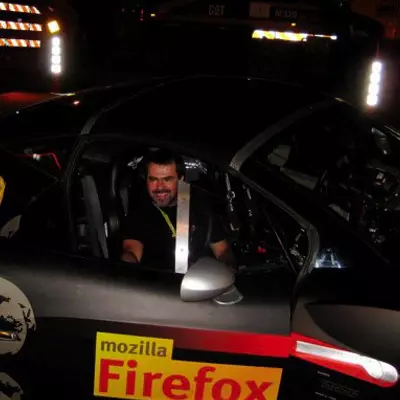Audio Presented by

An old chunk of coal, now on fire. A writer, for life. Web master since 1997.
About Author
An old chunk of coal, now on fire. A writer, for life. Web master since 1997.

An old chunk of coal, now on fire. A writer, for life. Web master since 1997.
An old chunk of coal, now on fire. A writer, for life. Web master since 1997.